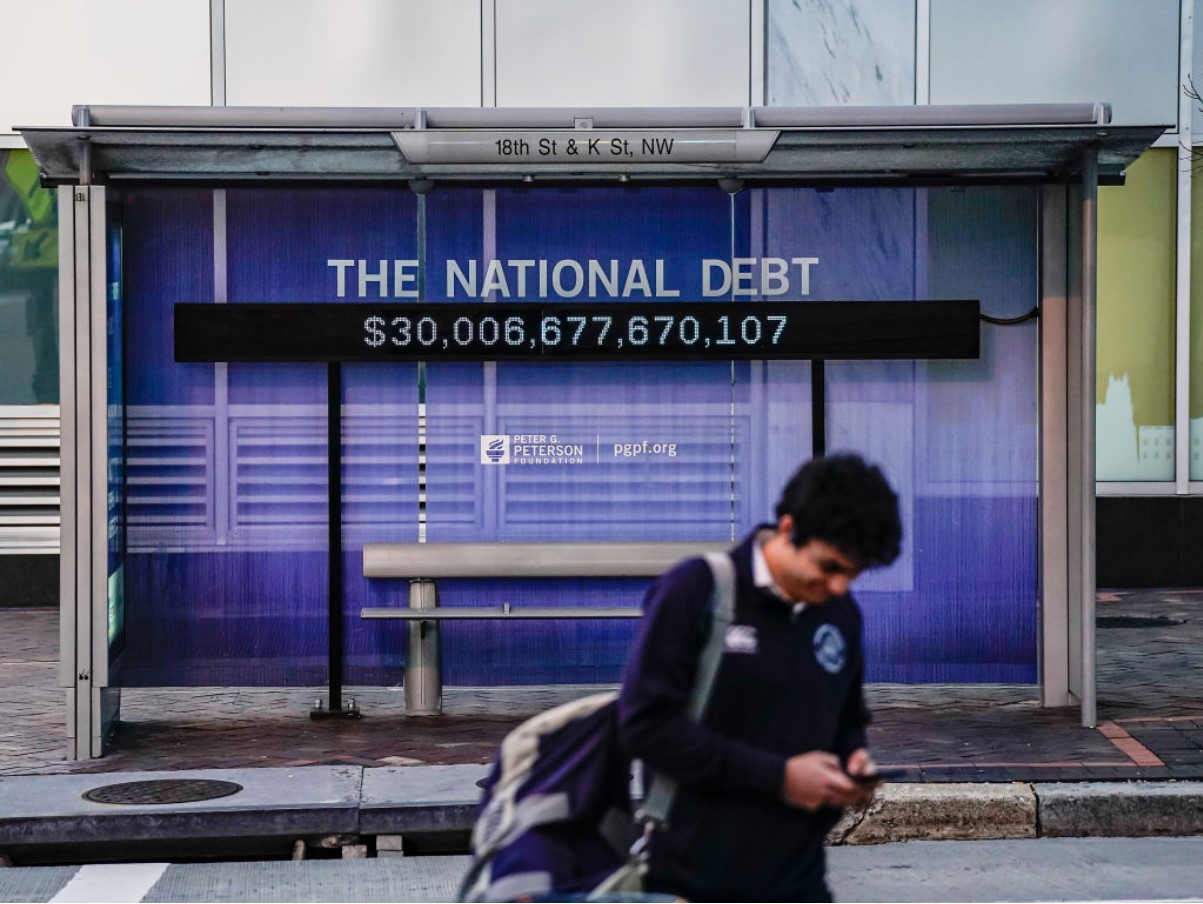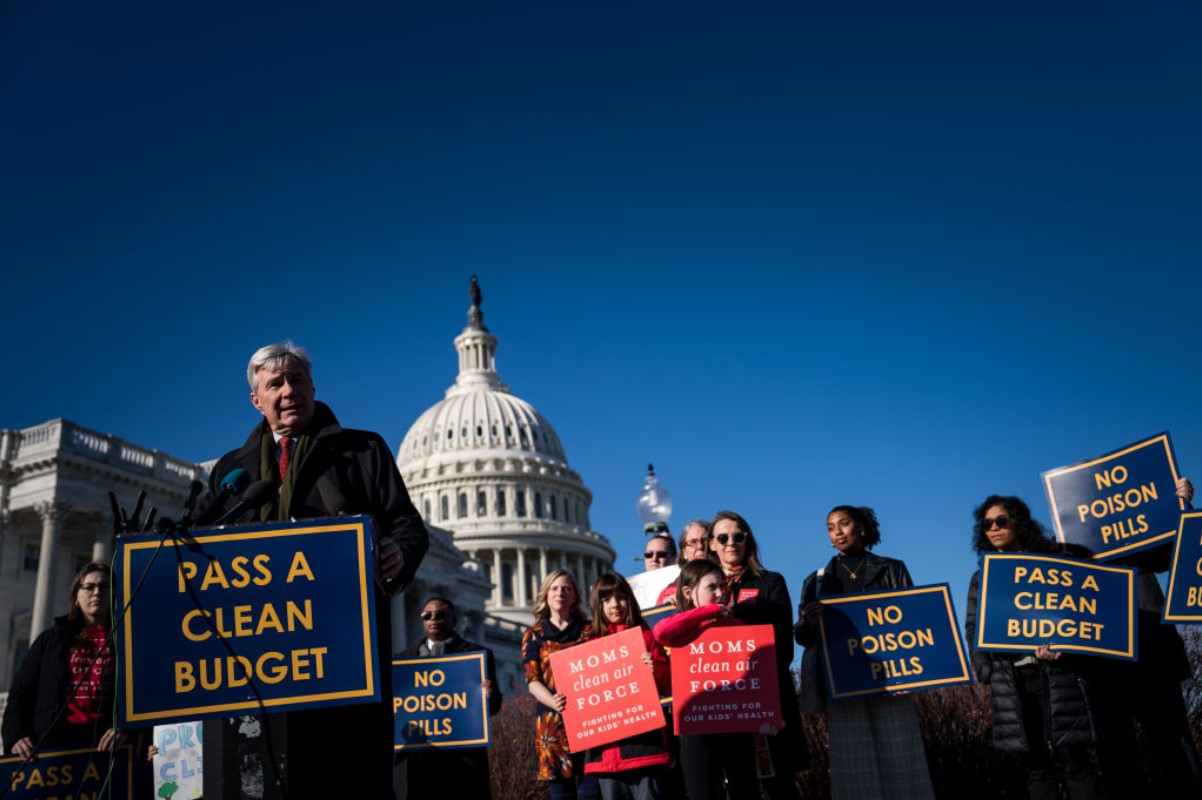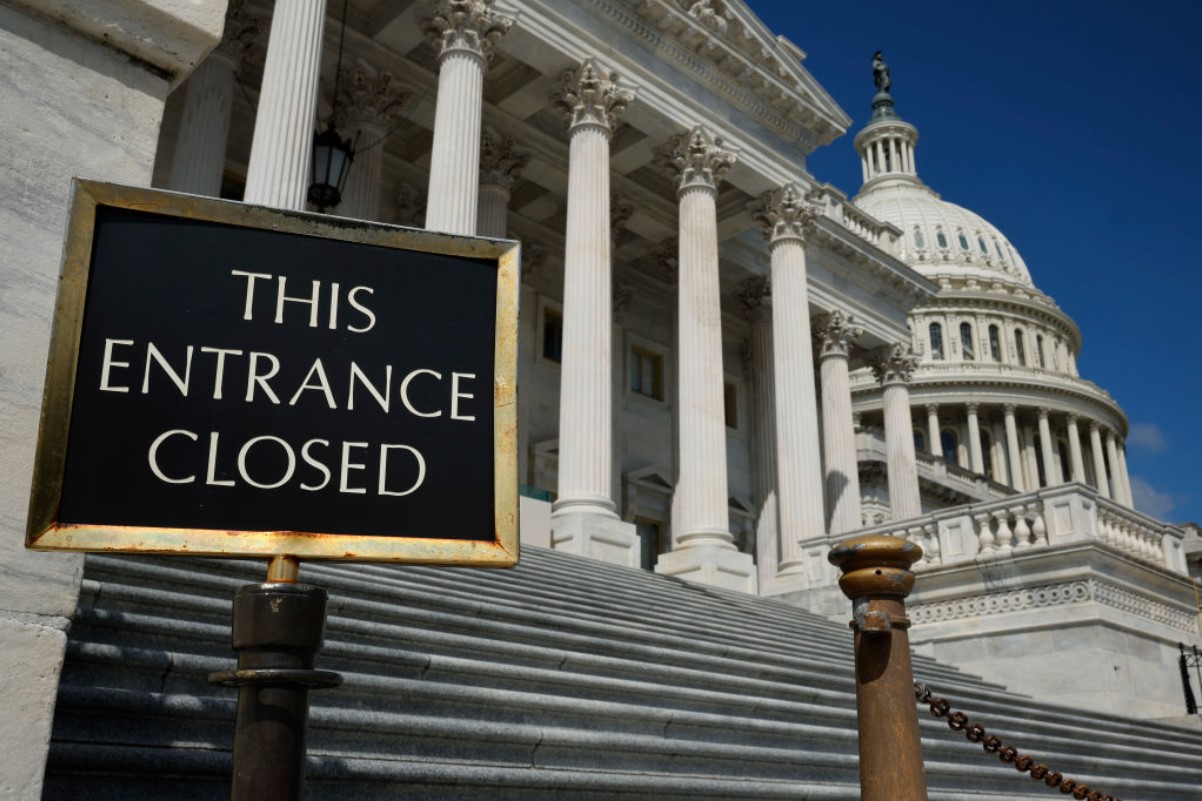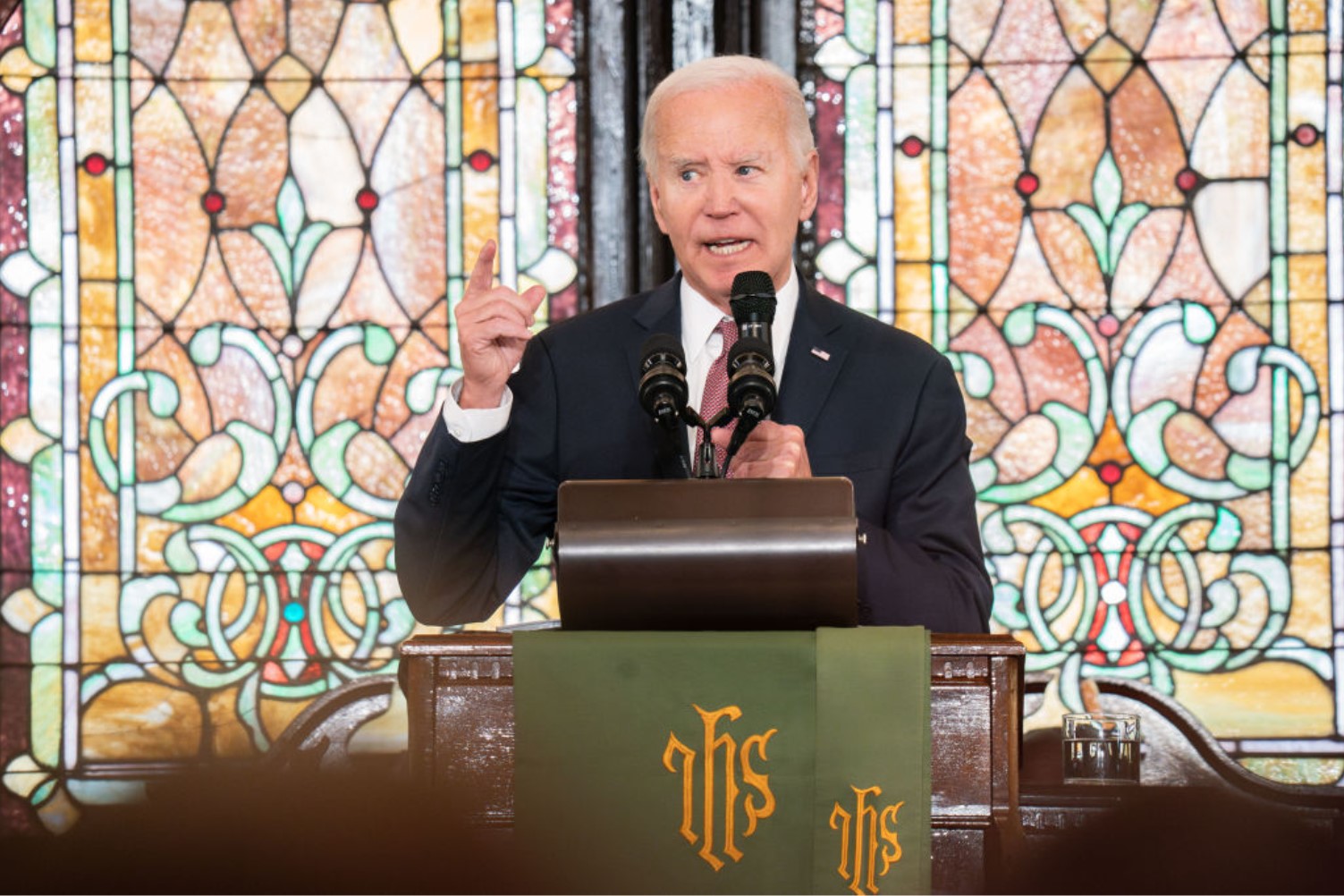The United States’ total debt has reached an incomprehensible $34 trillion, which marks a new record high.
According to a report published by the Treasury Department, the U.S. hit the milestone on December 29.
National Debt Keeps on Rising

The figure referred to in the report, $34.001 trillion, represents the total amount of debt borrowed by the US federal government since the nation’s founding.
While it’s not a record to be proud of, the new milestone arrived over three months after the national debt breached $33 trillion back in September.
Experts’ Opinions Divided on Debt

The ever-increasing debt of the United States is a common subject of conversation amongst many of the nation’s best economists.
Yet, none can say for sure whether the nation’s politicians should be terrified or if the 14 digits are nothing more than a number.
Can’t Stop Borrowing

President of the Committee for a Responsible Federal Budget, Maya MacGuineas, went on record and called the debt “a truly depressing ‘achievement.’”
During a statement, the president of the fiscal watchdog said, “Though our level of debt is dangerous for both our economy and for national security, America just cannot stop borrowing.”
One Economist Is Extremely Worried

Dana M. Peterson is one economist who has raised concerns about the debt accumulated by the U.S.
Dana, who’s the chief economist at non-profit economics think tank The Conference Board, alongside her colleague, Lori Esposito Murray, argued in September that a debt crisis was already upon the nation.
Peterson and Murray Fear the Worst

In a joint statement released by Peterson and Murrary, they fear a potential government shutdown, which could result in a complete collapse of governance.
“The congressional debate this year over FY2024 spending levels has contributed to a historic collapse of governance in the U.S. Congress, a broken budget process, the brink of a national default, a looming government shutdown, and the potential downgrading of the U.S. credit rating,” they wrote.
Interest Is the Real Problem

Peterson and other economists who worry about the situation argue the real problem lies in the amount of interest the federal government has to pay on the debt.
Reports from November claim that 16% of federal spending went towards the national debt, which is the same as what the nation spent on defense.
Concern about the Rising National Debt

In recent years, the rising national debt has further divided the nation’s Republicans and Democrats. Both groups have differing views on allocating the budget best, which has led to the possibility of the government shutting down.
On one hand, the Democrats suggest GOP-back tax cuts have reduced revenue. On the other, Republicans claim programs implemented by the Biden Administration have been too expensive. However, economists argue that expensive relief packages passed by both the Trump and Biden administrations also led to more debt.
Whitehouse Spokesperson Blames Republicans

Michael Kikukawa, a Whitehouse spokesperson, argues that the Republicans are to blame for the recent increase in national debt.
He claims the increasing amount has been “driven overwhelmingly by repeated Republican giveaways skewed to big corporations and the wealthy.”
Biden Forced to Tax Corporations

Kikukawa revealed Joe Biden surmised a plan to reduce the debt by over $2.5 trillion, which would see the president go after the corporations and billionaires.
He said Biden would make “the wealthy and big corporations pay their fair share and [cut] wasteful spending on special interests.”
Long-Term Economic Problem

Numerous economists disagree with all of the ideas of an immediate crisis and believe the national debt is better looked at as a long-term problem.
While it’s difficult to point the finger at any one individual or group, America’s credit rating is still suffering. This past November, Moody’s warned it’s close to removing the United States’ last perfect credit rating.
Professor Shares Advice to Ease Worry

Professor William D. Lastrapes, who is employed by the University of Georgia, offers advice in a 2019 article to all those worried about the increasing debt.
“Buy Treasury securities with the money saved from low current taxes and bequeath those securities to your kids,” he wrote. “They can use the principal and interest to pay off high future taxes, with no ultimate effect on their net wealth or well-being.”
